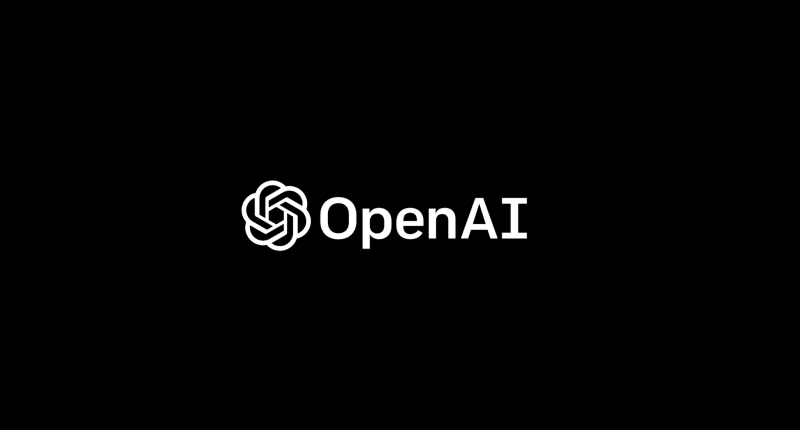After a long delay, the support to share custom versions of popular AI-powered chatbot ChatGPT is finally coming. OpenAI was slated to roll out its much-anticipated GPT Store – its customized AI and GPT marketplace – last year, but things went sideways owing to the unexpected leadership crisis at the firm. Now that the OpenAI-Sam Altman saga has ended and Altman has returned to the top once more, the San Francisco-headquartered OpenAI plans to launch the GPT Store as soon as next week.
For a quick refresher, the GPT Store stands as a marketplace where users can seamlessly share and commercialize custom iterations of OpenAI’s renowned ChatGPT chatbot. At the heart of OpenAI’s innovation lies the concept of Generative Pre-trained Transformers (GPTs). These represent bespoke versions of ChatGPT, allowing users to craft sophisticated chatbots without delving into the intricacies of coding.
Unveiled at OpenAI’s developer conference in November, these GPTs empower users to construct chatbots tailored to specific purposes, ranging from educational tools teaching mathematics to personalized cocktail recipe generators – so there can be a GPT for everything, you just have to create and share it. Conceptualized as a marketplace similar to app distribution platforms such as Apple’s App Store, OpenAI’s GPT Store holds the promise of providing users with a unique space to discover, share, and potentially monetize their distinct GPT creations.
“We want to let you know that we will launch the GPT Store next week,” OpenAI noted in an email. “If you’re interested in sharing your GPT in the store, you’ll need to: Review our updated usage policies and GPT brand guidelines to ensure that your GPT is compliant, Verify your Builder Profile (settings > builder profile > enable your name or a verified website), Publish your GPT as ‘Public’ (GPT’s with ‘Anyone with a link’ selected will not be shown in the store),” the email read. In the communication dispatched to GPT builders, OpenAI divulged that the GPT Store is poised for an official launch between January 8-13, 2024. While the specific date remains undisclosed, the announcement urged builders to meticulously review OpenAI’s updated usage policies and brand guidelines.
The process of constructing GPTs through OpenAI’s GPT Builder is deliberately designed to be user-friendly. Builders can articulate the desired capabilities of their GPT in plain language, and the GPT Builder interprets these instructions, creating a customized AI model. This low-code approach democratizes AI development and enables individuals without extensive coding knowledge to contribute meaningfully to the AI landscape. The low-code approach, facilitated by the GPT Builder, empowers a broader audience to contribute to the AI landscape. Furthermore, OpenAI aspires to explore avenues for compensating GPT creators based on the usage of their AI agents in the store.
In a nutshell, the GPT Store introduces a novel avenue for creators to monetize their AI innovations. By providing a marketplace where users can sell their customized GPTs, OpenAI potentially opens up new revenue streams for developers. This shift may encourage a burgeoning community of AI creators to invest time and effort into crafting innovative and valuable GPTs with the prospect of financial returns. And as users gain the ability to craft custom chatbots tailored to specific needs, the GPT Store could usher in a wave of innovative AI applications. From educational tools to specialized industry solutions, the marketplace has the potential to catalyze the development of diverse and impactful AI models. This diversity of applications could mark a significant step forward in the practical utility of AI technologies.
The Tech Portal is published by Blue Box Media Private Limited. Our investors have no influence over our reporting. Read our full Ownership and Funding Disclosure →





